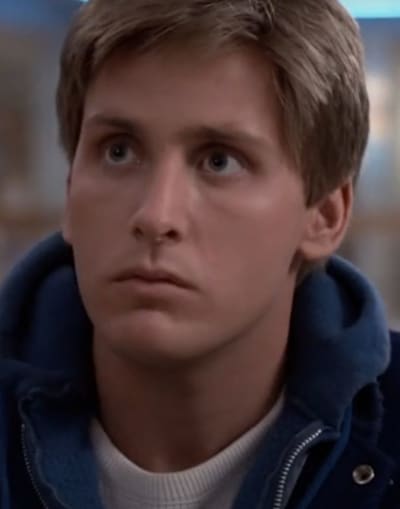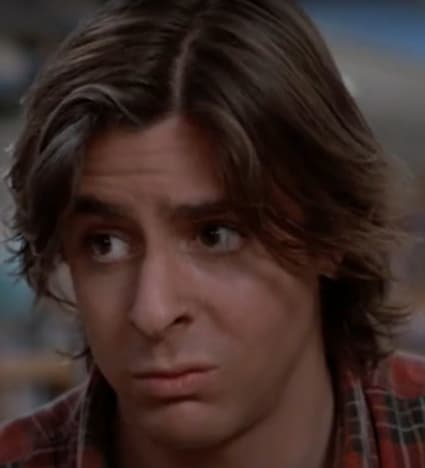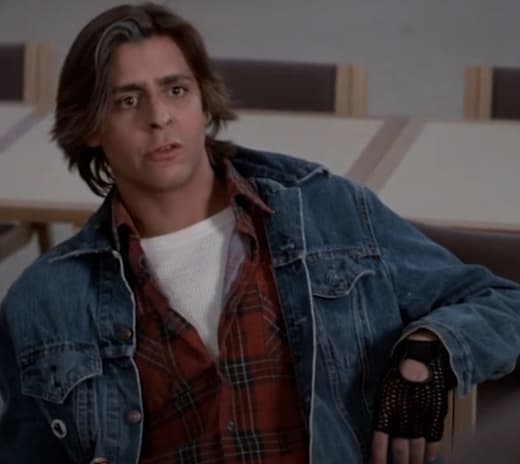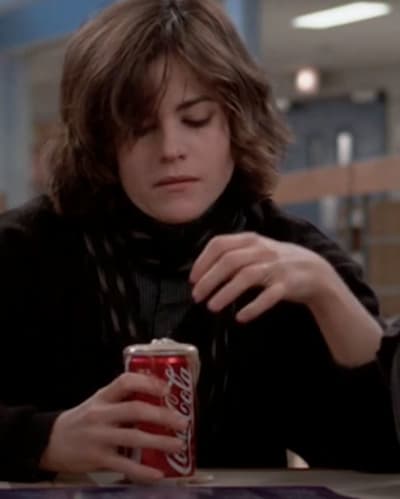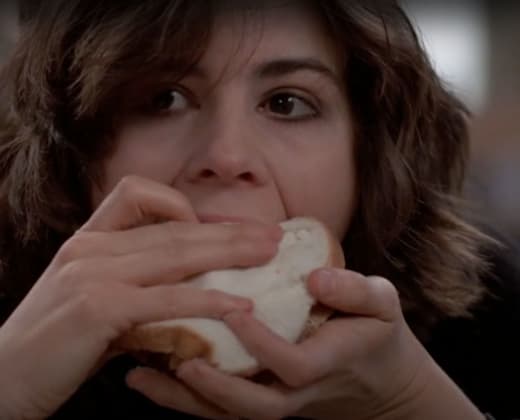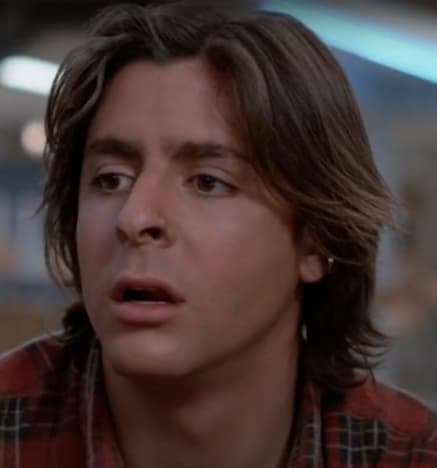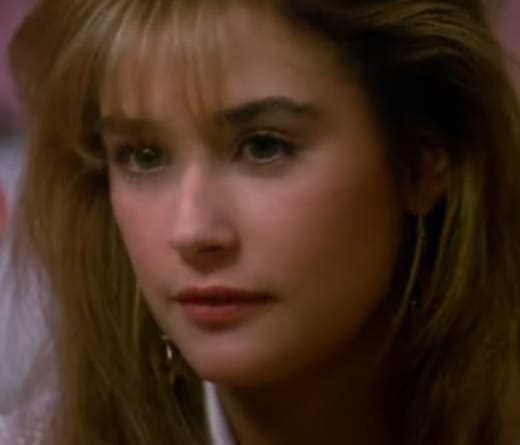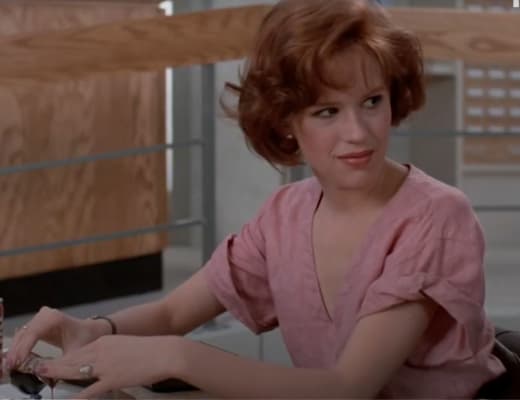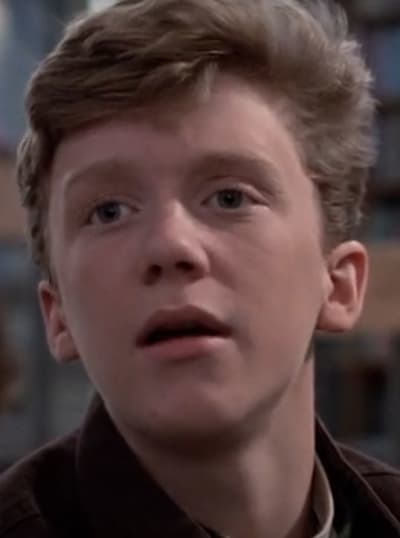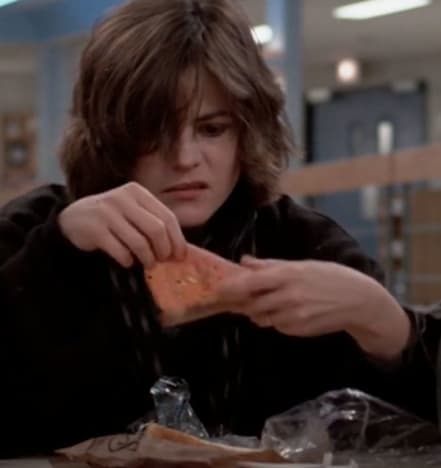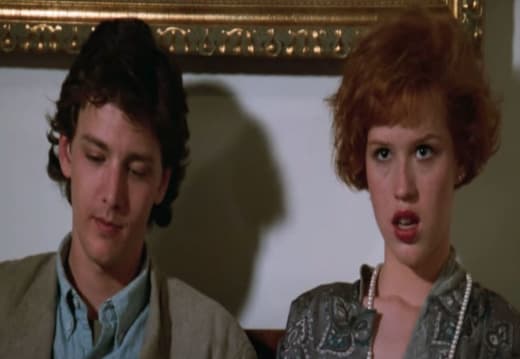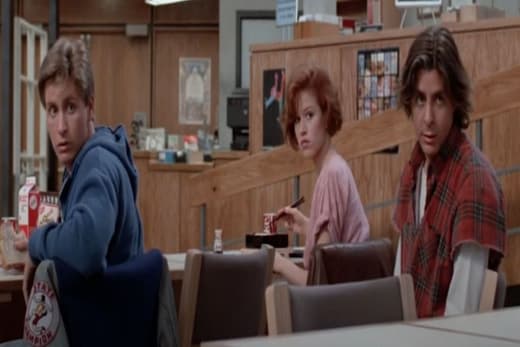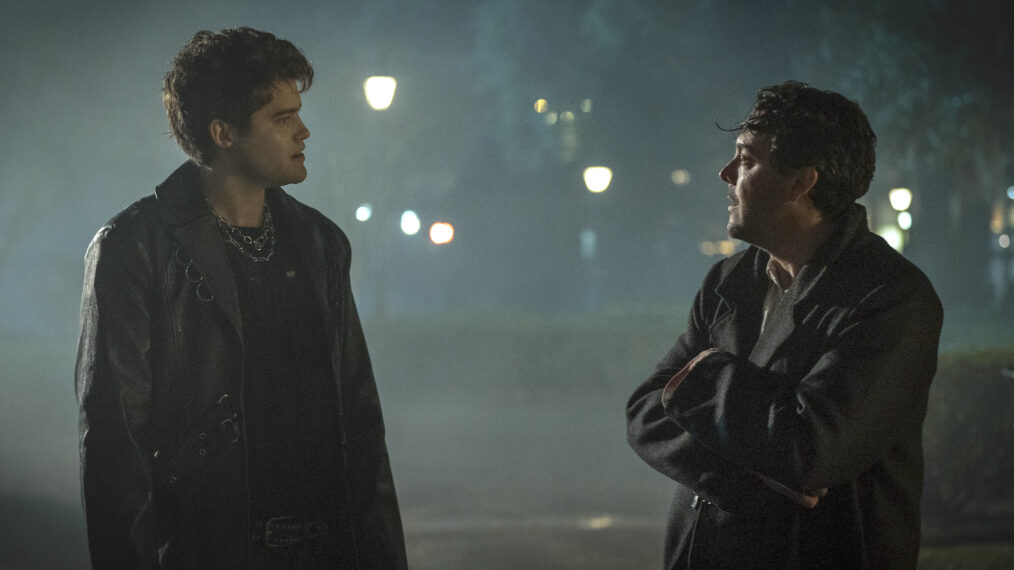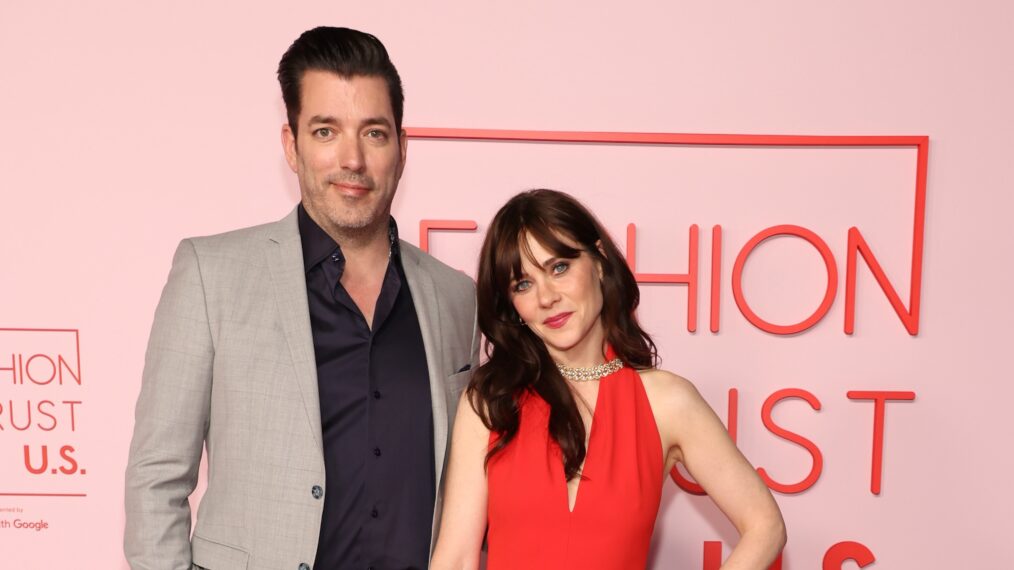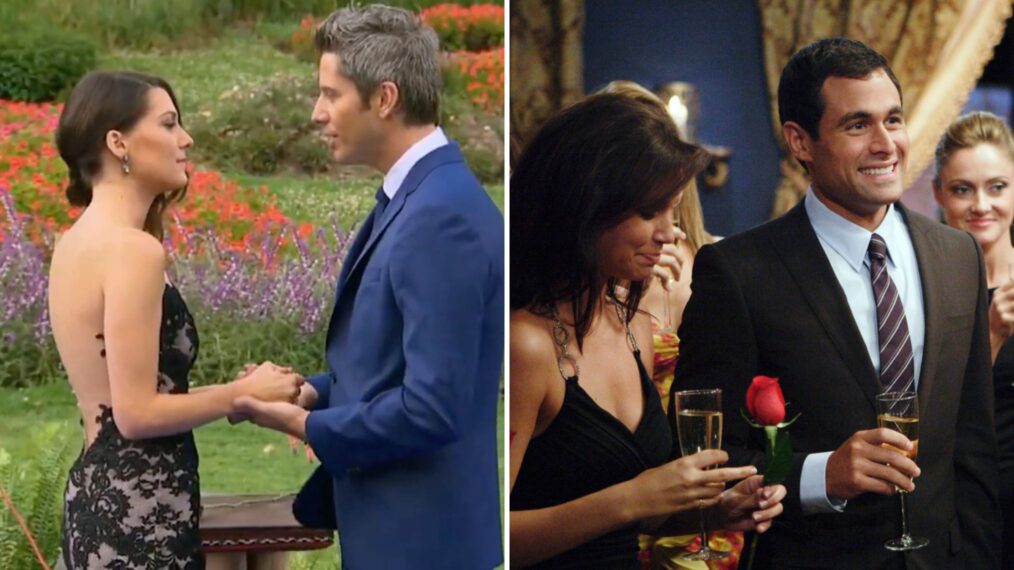The Brat Pack: Pack or Ploy?
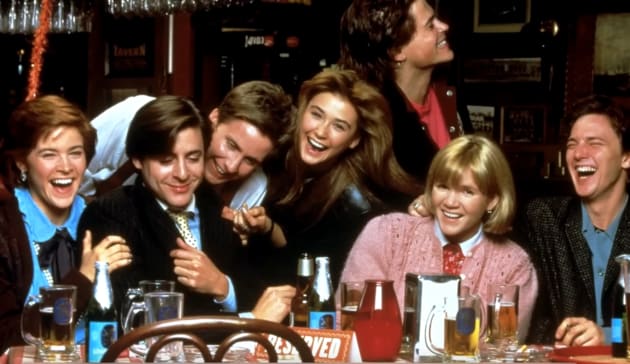
In 1985, journalist David Blum applied the title “Brat Pack” to a group of young actors, including several stars of the then-new movie The Breakfast Club.
Since then, speculation has been that the Brat Pack was just a media ploy.
Was it, and how close was the group?
The Basis For the Naming of the Brat Pack
The Brat Pack was named when Journalist David Blum was assigned to interview Emilio Estevez for New York Magazine in 1985.
Emilio invited him out for an evening with Emilio and his friends.
Related: The Controversial Origins of the Brat Pack
Those friends were Rob Lowe and Judd Nelson, who were hanging out with Emilio at the Hard Rock Cafe on a Thursday evening just ahead of the premiere of St. Elmo’s Fire (1985).
Blum then turned his article into a mostly unfavorable review of several Hollywood actors, grouping them as the “Brat Pack,” a name that has clung to some for decades.
The story goes that Blum had to fly to Los Angeles to interview the group, so while in town, he decided to have dinner with some of his friends.
They discussed that they should have a nickname like the famous Rat Pack from the 1960s but felt more like a Fat Pack than The Rat Pack.
That could have been the end of everything, but then Blum had an idea.
Emilio Estevez and his friends were also a lot like the 1960s Rat Pack, supposedly, so they could also use a nickname.
After watching how they behaved that night, Blum called them the Brat Pack, a play on words that popped into his mind because of his dinner with his friends before conducting the interview.
That’s the story, but it has been four decades since our favorite 1980s TV shows and films premiered, and there is still a debate over whether Blum settled on the “Brat Pack” term before or after he went to the Hard Rock Cafe with them.
He likely had the term in his head before the interview, but was it thanks to the dinner he had attended with his friends, or was there more planning than that?
Either way, did he plan to use the nickname no matter what, or was it based on the behaviors he witnessed from the young stars that evening, as he has always said? We’ll never know for sure.
Related: TV Shows Should Make Stars, Not Depend on Them
What we know is the article, which somehow morphed into what it was rather than a piece about Emilio Estevez as initially pitched to the actor, changed the way interviews were conducted forever.
Today, the idea of a reporter tagging along to a night at a bar with a group of young stars seems almost unreal since many Hollywood interviews are now conducted in more formal settings.
Was the Birth of the Brat Pack a Setup
Star Anthony Michael Hall, who was in Sixteen Candles (1984), The Breakfast Club (1985), and Weird Science (1985), has said the Brat Pack didn’t exist and was just a media ploy.
In this 2021 Insider interview, he also implied that the whole thing may have been a setup by a New York Magazine editor back then to sell more magazines.
Well, the formation of the Brat Pack certainly did that, and not just for New York Magazine.
Even though I was only four when that article was initially published, I can vividly recall the faces of Brat Packers everywhere for years after that.
All the teen magazines were talking about them and, just as importantly, supplying pictures of their idols that teens could hang on their walls.
If the creation of the Brat Pack itself was a setup, it was only that way in a certain sense.
Public opinion changed the Brat Pack roster after the article came out.
Actors like Tom Cruise and Nicholas Cage were dropped from the list in favor of Molly Ringwald, Ally Sheedy, and Demi Moore, among others.
Related: The Brat Pack Movie Explosion of the 1980s
It would have been impossible for any magazine editor or media mogul to predict those changes accurately.
Yet, Hall made a valid point in his Insider interview that getting the young men together in hopes they might talk trash about each other may have been the setup.
Stumbling upon the “Brat Pack” nickname may just have been a happy bonus for Blum.
The Closest of the Brat Pack Members
Another reason many Brat Pack members think of the label as a media ploy is that it implies the group was much closer than was accurate.
There were only some members who were somewhat close at the time.
For a start, the entire cast of The Breakfast Club was close on set. However, the five rarely hung out together when filming wrapped for the day.
Anthony Michael Hall and Molly Ringwald, each 16 at the time, had a budding romance and spent their spare time together.
Ally Sheedy, Judd Nelson, and Emilio Estevez were all close in age, but only Nelson and Estevez hung out after hours, often going to a Chicago jazz club together.
Another close relationship occurred between Demi Moore and Emilio Estevez.
The two met on the St. Elmo’s Fire set and fell in love.
Related: The Brat Pack Struck Back: Why They Hated the Nickname
They went so far as to get engaged, but soon after that, they broke up.
They have since stayed cordial with each other and even appeared in the 2006 film Bobby together, but they certainly haven’t been hanging out regularly with their Brat Pack buddies for the last four decades.
Beyond those friendships, the Brat Pack members who spent time together mostly did so professionally.
For example, Ally Sheedy and Judd Nelson appeared together in three different 1980s films.
As a result, they were friendly and respected each other as actors, but unlike the Brat Pack label would have fans believe, they didn’t spend much time together in the years since.
In this 2008 Den of Geek interview, Ally mentioned that she enjoyed Judd’s humor during The Breakfast Club. She has also said that they could have all been closer than they were if being dubbed the Brat Pack hadn’t made them want to distance themselves from each other.
Brat Pack Age Gaps, Missing Links, and an Odd Man Out
Stars of The Breakfast Club and St. Elmo’s Fire had said over the years that they hung out together during filming and sometimes when cameras weren’t rolling.
Emilio Estevez even attended high school with Rob Lowe before they became stars.
Related: The Typecasting of the Brat Pack
Still, certain Brat Pack members were never close.
For some, the separating factor was age.
Ringwald and Hall were too young to go to bars and clubs with their older The Breakfast Club castmates, so they didn’t mingle much when cameras were off.
Some just felt generally disconnected from the pack, such as Andrew McCarthy.
He and fellow Brat Packer Anthony Michael Hall have been vocal about never knowing each other. They didn’t meet because they didn’t work on the same Brat Pack films.
Recently, while talking about the Brats documentary premiering on June 13, 2024, Andrew also said that he hadn’t seen Rob Lowe for 30 years or Emilio Estevez for 35.
His attitude toward the “Brat Pack” label has been negative for years, chronicled in articles like this 1999 Observer piece by Andrew Goldman.
In the article, Goldman almost dares those who loved the Brat Pack to tell Andrew that because the actor didn’t respond well to that kind of fan feedback then.
For decades, in that interview and many others, Andrew, who appeared on The Resident before directing the 2024 Brats documentary, swore the Brat Pack didn’t exist. Still, his tune has at least somewhat changed with the creation of his 2024 Brats documentary.
Setup or Not, the Brat Pack Was Here to Stay
Andrew and most other Brat Pack members seem to have realized over the years that the Brat Pack made a difference in a unique, unexpected way.
Sure, it could have been a setup created by Blum or one of his bosses deliberately as a media ploy.
Related: The Brat Pack Dissension in the Ranks
On the other hand, it could have been a simple matter of Blum using a clever play on words he randomly thought of that happened to stick, as he has always maintained.
Either way, it certainly impacted the careers of the young stars in ways some of them hated at the time.
But in the grand scheme, it doesn’t matter if it was a ploy, an accident, or even an entirely accurate description, at least not to fans.
What matters is that the Brat Pack existed and still exists to us, influencing everything from our fashion choices to our senses of right and wrong.
The Breakfast Club helped us realize that geeks can be cool in their way. So can jocks, basketcases, princesses, and even criminals. Sometimes, boundaries between cliques can and should be blurred.
Maybe that’s why, after seeing many of the stars do multiple movies together, we were all so quick to jump on the Blum bandwagon and believe they all kept those on-screen friendships going off-screen.
Often, actors get into the profession because they want to be noticed.
Some even want to know that a part of them will be forever immortal and that they will make a permanent positive difference in the world.
The Brat Pack members certainly did that, and then some, even if they didn’t get that wish in the exact ways some members initially hoped or planned.
There’s no denying the existence of something that has shaped us all for four decades and will continue to do so indefinitely.
I’m unsure how it came about. I don’t know how much was planned versus accidental, but I’m happy it turned out the way it did.
I cannot imagine a world without the Brat Pack, can you?
What are your favorite Brat Pack movies and memories?
Tell us all about them in the comments below!
Jessica Kosinski is a staff writer for TV Fanatic. You can follow her on X.
Read the original article here


